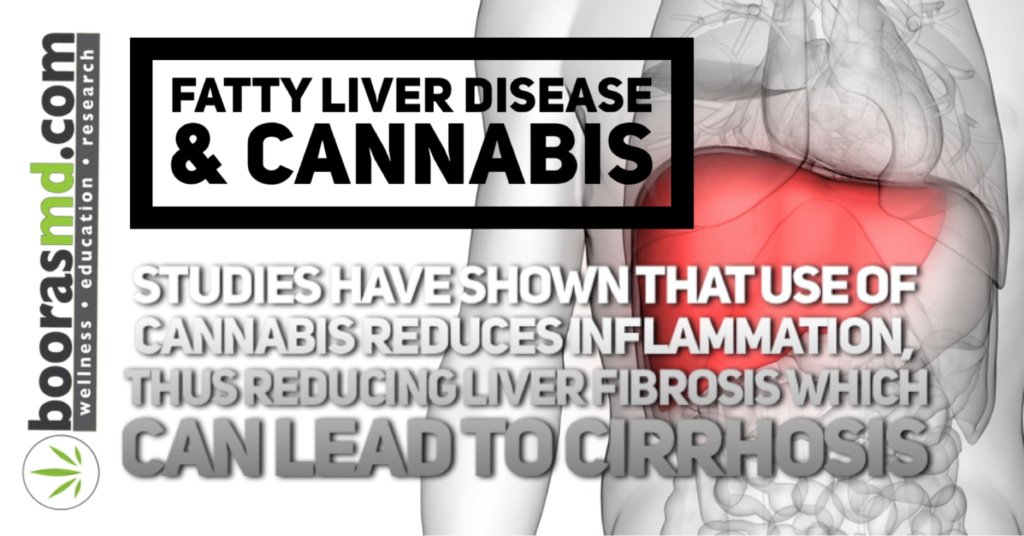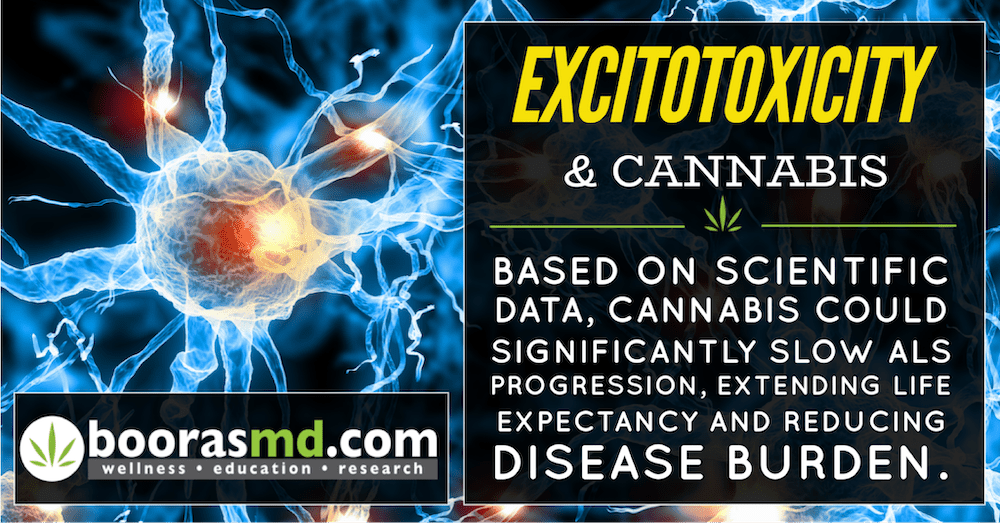Neuropathy and Medical Marijuana (Cannabis)
Neuropathy and Cannabis
Summary: Peripheral neuropathy is the most common form of neuropathy and Diabetes is the most common cause of peripheral neuropathy. “Neuropathy is one of the most painful, unpleasant, and frustrating conditions, and it affects hundreds of millions of people each year. With unending, frustrating pain and no real solution, neuropathic pain sufferers likely feel like the entire world has abandoned them.”
https://wayofleaf.com/cannabis/ailments/best-marijuana-strains-for-neuropathic-pain
Peripheral neuropathy is the result of damage to the nerves outside of the brain and spinal cord. Symptoms include weakness, numbness and pain, usually in your hands and feet. It can also affect other areas of your body. Peripheral neuropathy can result from traumatic injuries, infections, metabolic problems, inherited causes and exposure to toxins. Symptoms can be quite severe and disruptive two ones quality of life.
https://www.mayoclinic.org/diseases-conditions/peripheral-neuropathy/symptoms-causes/syc-20352061
Although there are multiple other medications used for the pain of diabetic peripheral neuropathy (Opioids, Gabapentin, Pregabalin, Duloxetine, etc), most experts agree that the response to treatment with these agents is frequently suboptimal and side effects can be bothersome.
Trials using inhaled THC have shown that cannabis does reduce both neuropathic and nociceptive (pain caused by injury) pain. There are very few prescription medications that affect both of these types of pain. People in this study that used THC also noted improvement in the quality of sleep.
Unfortunately, this particular study did not use CBD with the THC product.
https://www.ncbi.nlm.nih.gov/pmc/articles/PMC2950178/
How does cannabis help nerve damage. Cannabis has been deemed a neuroregenerator, neuroprotector, an anti-inflammatory, and a pain reducer (analgesic). Cannabis inhibits the production of multiple compounds, like cytokines and NF-kb resulting in decreased inflammation and nociceptive pain.
- CBD (Cannabidiol) is very important for people with nerve issues! In addition to reducing inflammation, CBD protects the myelin sheath that covers the nerve. CBD has also been shown to act as a “neuroprotective agent” through several mechanisms, such as normalizing glutamate homeostasis, reducing oxidative stress, and improving the health of other neurotransmitters, like GABA.
- THC (Tetrahyhrocannabinol) has the important role of reducing pain perception. It works together with CBD to complement each other’s effects on the nervous system. Many experts recommend use of a 1:1 ratio of THC and CBD at bedtime and a higher ratio of CBD to THC during the day. This can be anywhere from a 4:1 ratio of CBD:THC up to a 20:1 ratio of CBD:THC.
https://www.labroots.com/trending/cannabis-sciences/11854/using-cannabis-treatment-neuropathy
“In summary, there is increasing evidence that cannabis may represent a useful alternative or adjunct in the management of painful peripheral neuropathy, a condition that can markedly affect life quality. Our society should be able to find ways to separate the medical benefits of making a treatment available to improve lives when indicated from broader social policy on recreational use, marijuana legalization, and unsubstantiated fears that medicinal cannabis will lead to widespread cannabis addiction”.
https://journalofethics.ama-assn.org/article/medicinal-cannabis-and-painful-sensory-neuropathy/2013-05
Written by Dr. Charlie Booras, MD on 11/13/20






